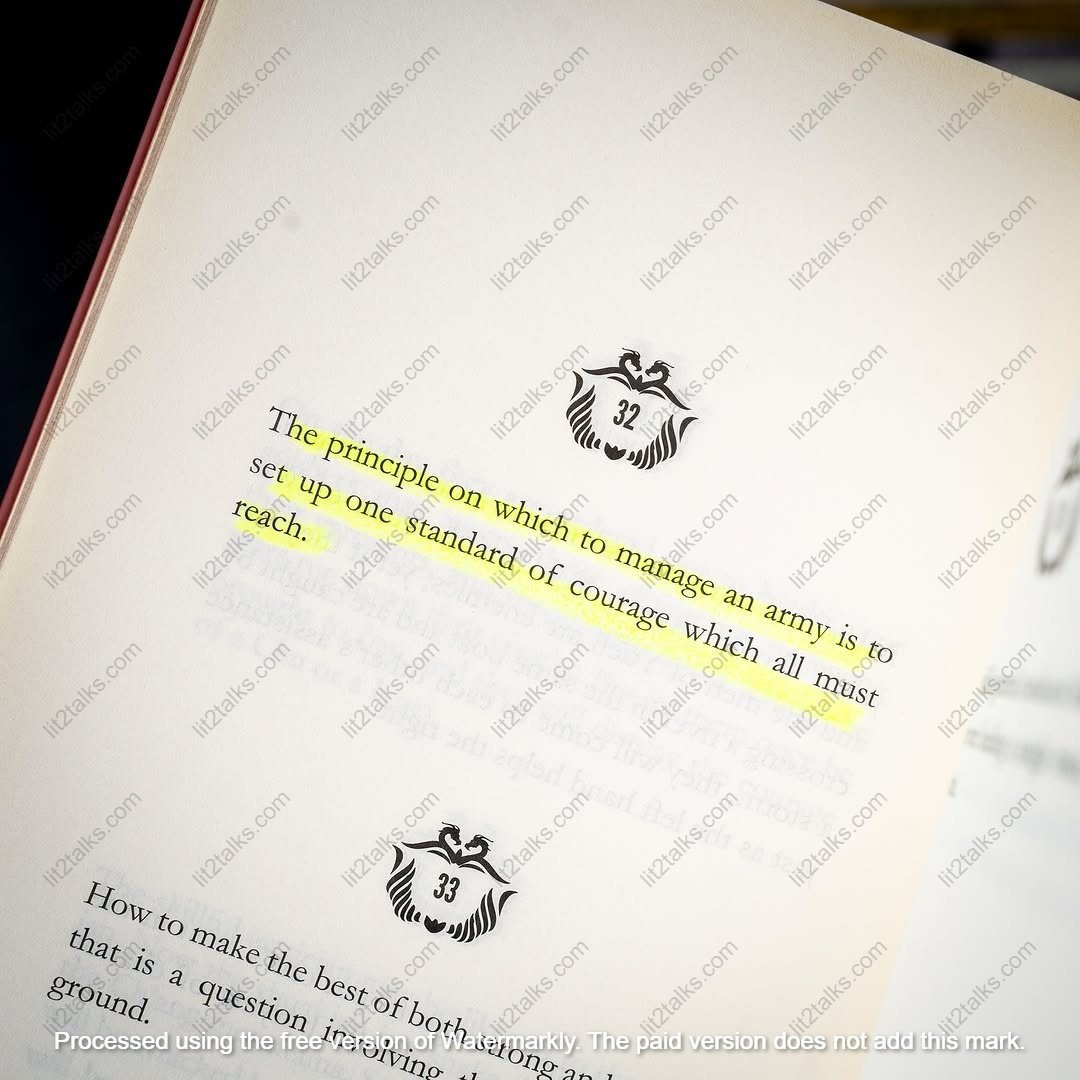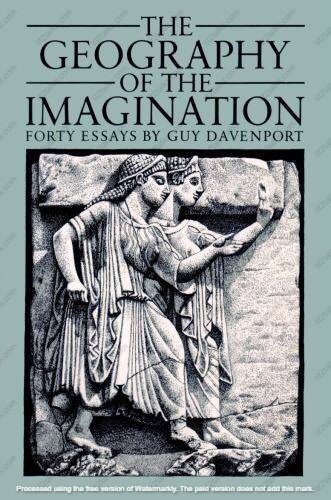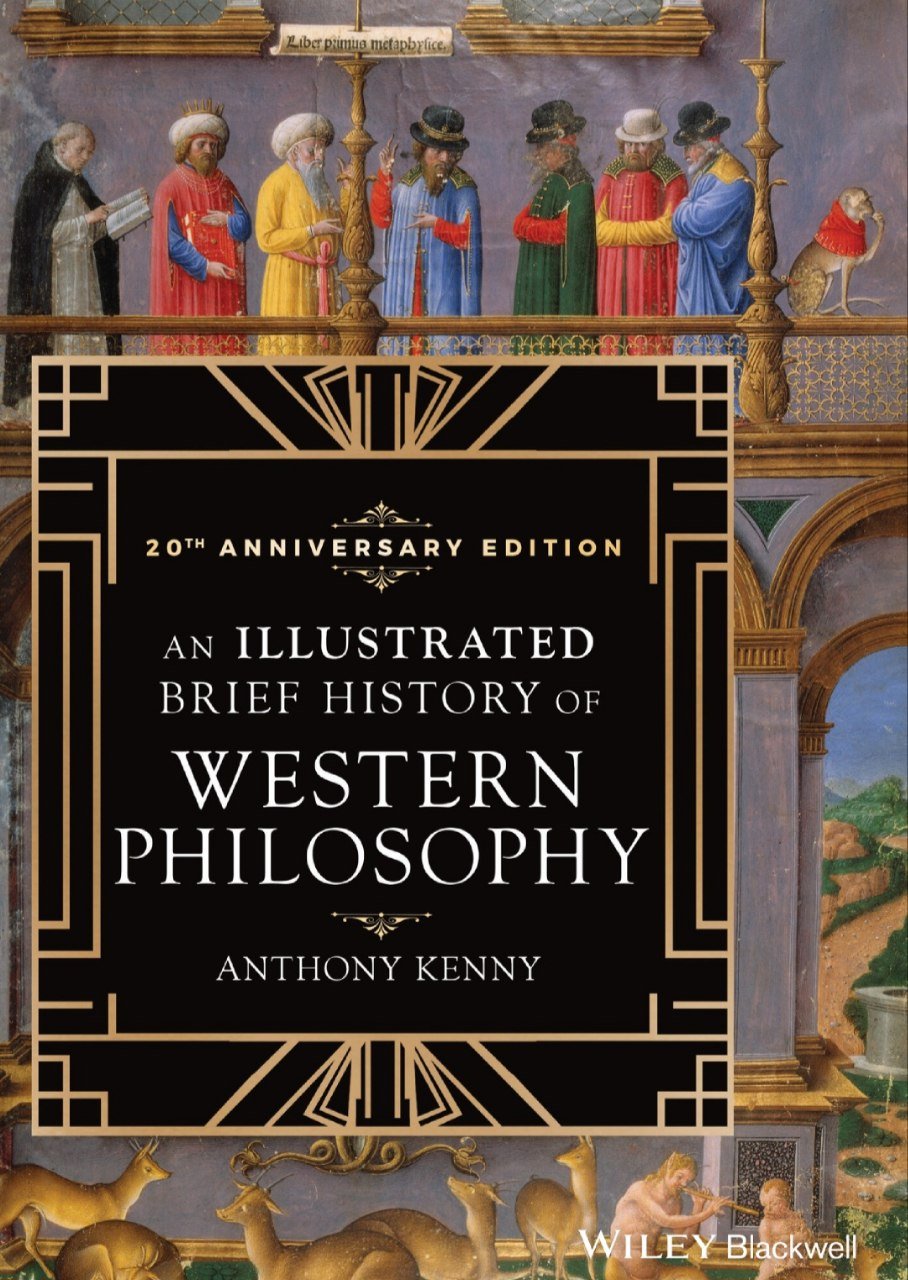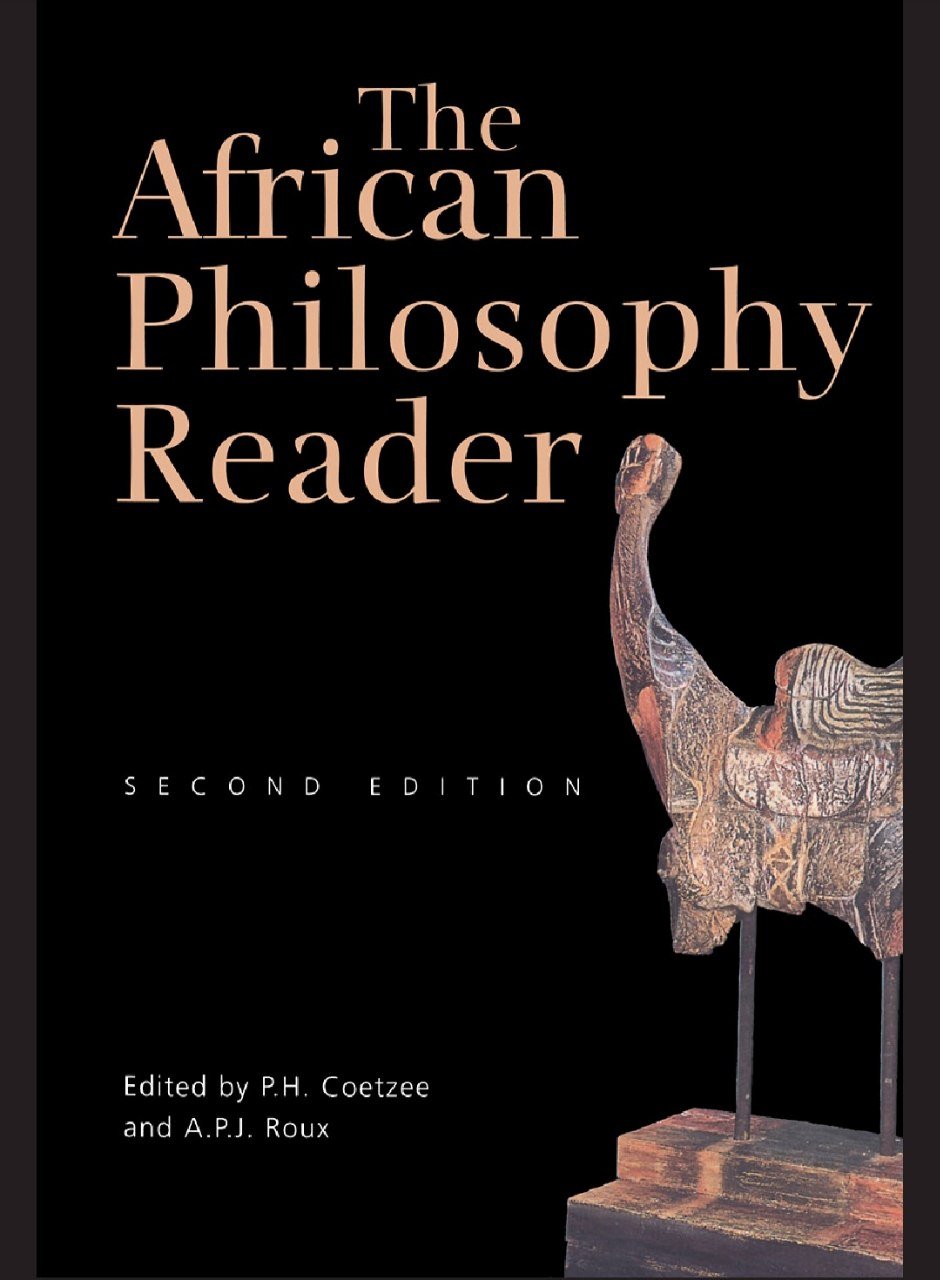

Leviathan by Thomas Hobbes
personal Book Reader
Access your private PDF books securely. Upload and enjoy reading your personal collection anytime.
Read Your Private BookReviews
No review yet. Be the first to review this book!
Description
Leviathan by Thomas Hobbes, published in 1651, is one of the most influential works of political philosophy in Western thought. Written during the chaos of the English Civil War, Hobbes sought to establish a rational foundation for political order and authority. At its core, Leviathan argues that human beings in their natural state live in constant fear and competition, driven by self-interest and the desire for self-preservation. Without a powerful authority to impose order, life in this state of nature would be solitary, poor, nasty, brutish, and short. To escape this anarchy, Hobbes proposes the idea of a social contract, where individuals agree to give up some of their freedoms and submit to the authority of a sovereign in exchange for security and peace. This sovereign, which Hobbes metaphorically calls the Leviathan, can be an individual ruler or an assembly, but it must have absolute power to maintain order and enforce laws. Hobbes argues that only a strong, centralized authority can prevent the return to chaos and guarantee social stability. Hobbes rejects the idea that governments are accountable to the people once the social contract is made. He emphasizes the necessity of obedience to the sovereign because any challenge to authority risks plunging society back into disorder. While Leviathan defends absolute monarchy, Hobbes’ justification is rooted less in divine right and more in practical reasoning about human nature and the need for security. In addition to politics, Hobbes explores religion, psychology, and human behavior, often reducing human motivations to basic drives for power and survival. Leviathan presents a materialist and mechanistic view of human life, arguing that human actions are determined by physical processes rather than free will or moral virtue. Leviathan remains a foundational text for modern political philosophy, especially concerning concepts of sovereignty, authority, and the social contract. Its stark view of human nature and its defense of absolute authority continue to provoke debate and discussion among scholars and political theorists.
 May 03, 2025
May 03, 2025



 May 03, 2025
May 03, 2025
 May 03, 2025
May 03, 2025






 May 03, 2025
May 03, 2025









.jpg)















.jpg)















.png)


.jpeg)




.jpeg)

.jpg)

.jpg)

.jpg)

.jpeg)






.jpg)




.jpeg)
.jpeg)
.jpg)




.jpg)

















































